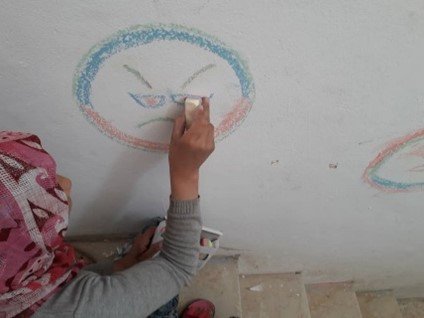Objective 1
Serve as a space for dialogue on education in development and emergencies at national level, with a specific emphasis on sharing research, knowledge, and information between Forum members and the wider education, development and social justice communities.
Objective 2
Promote the visibility of Ireland’s role in education for development at national and international level
Objective 3
Contribute to policy processes and practice in Irish development aid for education in development and in emergency with particular emphasis on policy coherence, preparedness, response and recovery
Objective 4
Maximise collaboration, synergies and complementarities among different Irish actors involved in education for development



